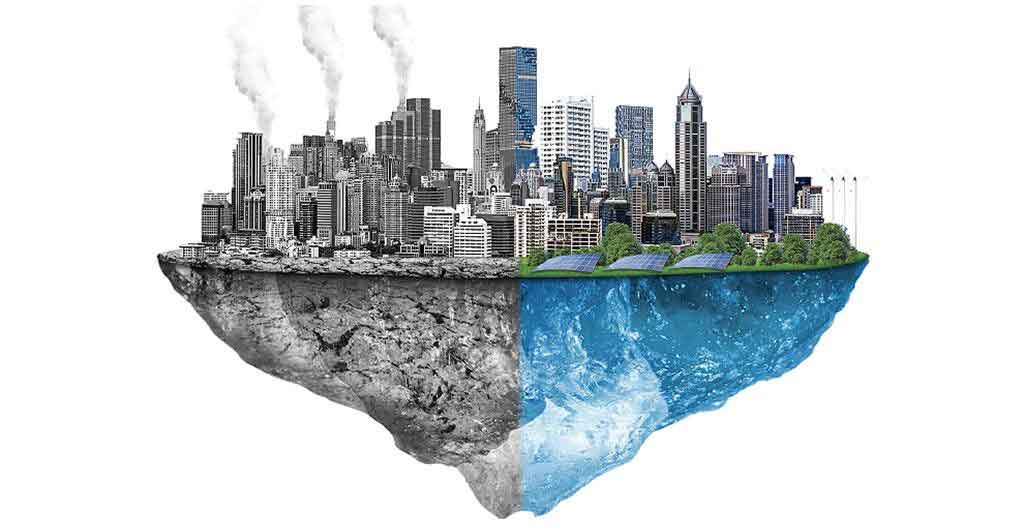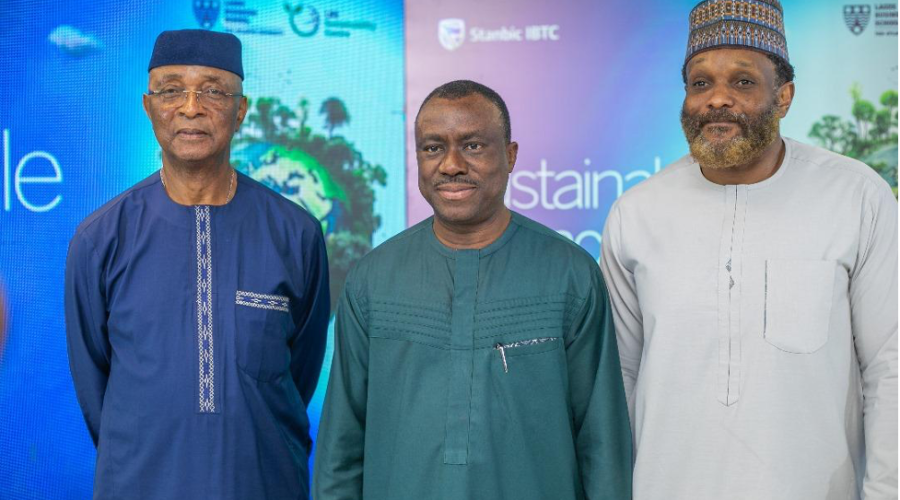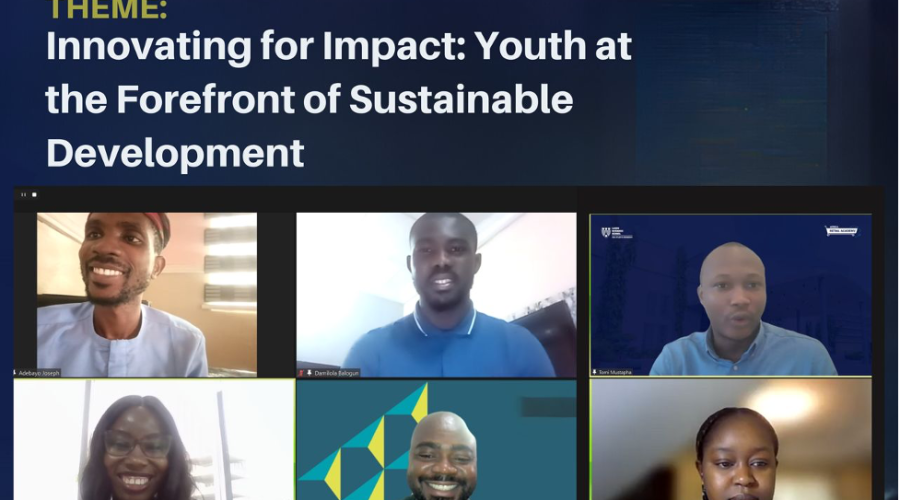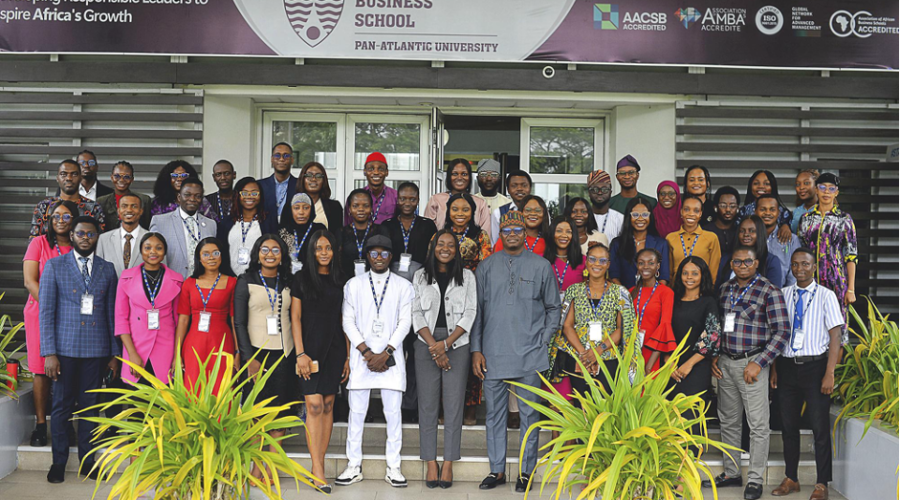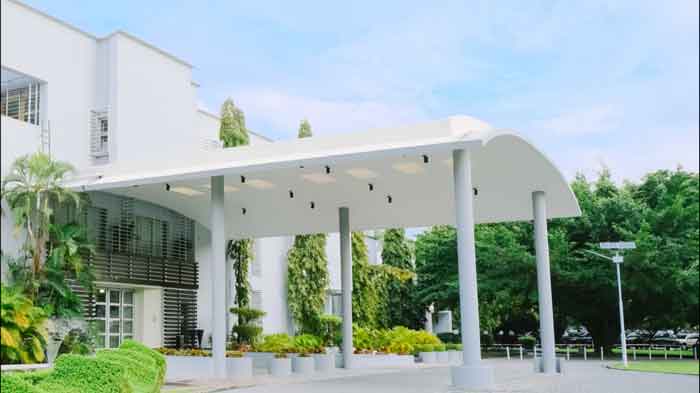Sustainable cities are those that perform well in meeting and unburdening the immediate, everyday needs of their people without compromising the needs of tomorrow, as described by John Batten, Global Director of Water and Cities, ARCADIS. Sustainable cities are measured against the three dimensions of sustainability – people, planet and profit. People represent the social aspect of life, which includes quality of life, access to healthcare, education, security, work-life balance, etc. Planet represents the environment, and this encompasses energy consumption and mix (renewable and non-renewable), green spaces, waste management, pollution, etc. Lastly, economic wealth or profit of a city is measured by the infrastructure, connectivity, tourism, ease of doing business, etc. of that city.
Cities are becoming important centres for economic growth and development, intersections of cultures and ideas, as well as important players in the achievement of the sustainable development goals. They are under incredible pressure from all angles, including those that can be modelled and forecasted, such as population growth and transportation needs; as well as those that cannot, such as flash floods and political uncertainty.
As with many cities in Nigeria and around the world, the city of Lagos faces some of the biggest infrastructure challenges across each area of sustainability, such as rapid population growth, air pollution, waste management, adequate energy supply, urban transportation etc. By the year 2030, researchers predict that Lagos will be home to more than 30 million[1] inhabitants and this has put it among the top populated cities in the world[2]. Already, the residents of the city face challenges that emanate from considerable urban migration, coupled with inadequate infrastructure. With future projections in the population growth, the time to build a sustainable Lagos city is now, and businesses, individuals and the government all have important roles to play in building a sustainable Lagos.
While it is good to think about how we manage and develop our cities today, it is also important to create visions for future sustainable cities – this is important to set out goals and direction, and to mobilize individuals and organizations. Although the State government is working hard to improve infrastructure within the city, progress is rather slow in relation to the changes in population, lifestyle and implementation of planned action. This is where individuals and businesses need to take up even more responsibility and apply innovative solutions.
Individuals make up any city and often dictate the culture and values of that city – hence, there is an important dimension of sustainable cities that lies within their power. Individuals can adopt simple actions that will result in large impacts
With an infrastructure deficit in the city, businesses can create a roadmap of innovative goods and services that cater to solving infrastructure challenges around energy, healthcare, education and transportation. Flying Doctors is a good example of an innovative healthcare service that can cater to urban healthcare needs where adequate emergency services are limited or unavailable.
Government can set out a road map that individuals and businesses can plug into, in order to ensure shared participation in developing sustainable cities. At the level of government, support and incentives are required to enable businesses and individuals thrive while undertaking sustainable initiatives. For example, the government can ensure proper planning for business and accommodation spaces to include well designed green spaces and amenities at affordable rates.
[1] https://shared.uoit.ca/shared/faculty-sites/sustainability-today/publications/population-predictions-of-the-101-largest-cities-in-the-21st-century.pdf
[2] https://www.weforum.org/agenda/2016/05/these-are-africa-s-fastest-growing-cities/

